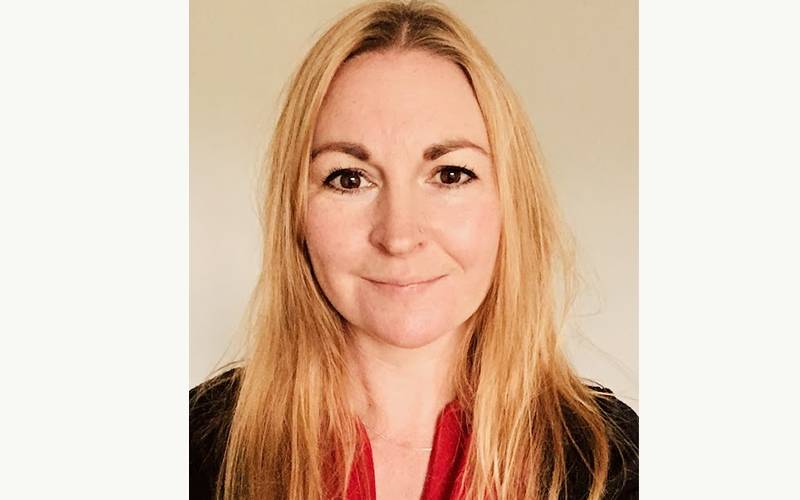This month we speak to Dr Clare Heaviside to find out more about her research on the impacts of climate change on health.
 What is your role and what does it involve?
What is your role and what does it involve?

I am an Associate Professor in Climate, Cities and Health at the UCL Institute for Environmental Design and Engineering. I research the impacts of climate change on health, mainly focusing on heat related illness and mortality, and I have a particular interest in urban environments, including the urban heat island, and air pollution. The work of my research group involves using regional climate models to simulate meteorology in cities, and linking this with demographic data to investigate how environmental exposures affect the health of the population.
How are you improving the health of the public?
As well as modelling and quantifying urban environmental health risks, e.g. overheating risk in cities, we model potential climate adaptation solutions which have the ability to reduce local heat exposure and associated heat related mortality in urban areas. These adaptation measures include things like ‘cool’ (reflective) and green roofs and shading from vegetation.
I’m currently leading a Wellcome funded project on Health and Economic impacts of Reducing Overheating In Cities (HEROIC) where we are focusing on adaptation in cities like London and Birmingham in the UK, and also Sao Paulo in Brazil, and the Lake Victoria region in East Africa.
What do you find most interesting or enjoyable about your work?
I really enjoy the fact that I can research environmental processes and effects, and then link these through to public health outcomes, and potentially help understand ways to reduce the health impacts of climate change. I get to work with brilliant scientists across multiple disciplines, which means I am always learning about new topics and gaining new perspectives.
How have cross-disciplinary collaborations shaped your research?
I came from an engineering and then Atmospheric Physics background, working in climate science. Then I started working at Public Health England (now UKHSA) with public health professionals and epidemiologists. Working in these different sectors made me realise that there would be advantages in combining my skills and expertise in both climate science and public health, which motivated the direction of my future research, through a 5 year NERC research fellowship at the University of Oxford, and since 2020, in my role at UCL.
What advice would you offer to others interested in developing cross-disciplinary research?
Communication with research groups working in disciplines other than your own can be challenging, and it’s easy to forget that people in other fields have vastly different academic backgrounds and knowledge. It’s important to ask basic questions of your collaborators to increase your understanding, and learn through informal discussions. When working on topics slightly outside your field, it’s good to identify partners at early stages for things like grant applications, to make sure the focus is right. And you need to be aware that reviewers for grants and papers might come from multiple sectors when you submit your cross-disciplinary work.
What's next on the research horizon for you?
As someone with mostly climate experience and mostly at city scale or larger, I am learning more about building physics modelling, and the interactions between indoor and outdoor environments. Within my research group, we have just started deploying sensors in parts of London which should give us some interesting data about local variations in temperature and relative humidity in different types of neighbourhoods. We are also learning more about the health-economics relating to urban overheating and how we can reduce costs through adaptation measures.
If you could make one change in the world today, what would it be?
That we would have effectively responded to climate change decades earlier.
 Close
Close

